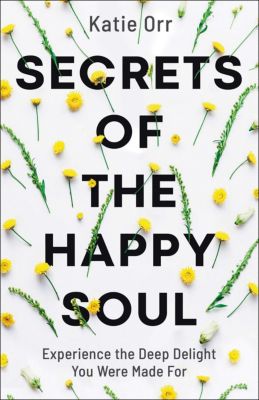This pandemic has changed our lives in many ways. For some, it has been a time of great change, uncertainty, and instability. For others, it has become an opportunity to rest, reconnect, and ready ourselves to jump back into the “normal” pace of life that has been paused.
Regardless of our experience of this disease-induced interruption, we can all understand that it is ultimately for our protection that we have been forced to work from home if reasonable, stay home as much as possible, and worship from home until it is safe to be together in large groups again.
But for a certain demographic, sheltering in place has provided more than just physical protection. It has allowed for emotional healing.
Emotional PPE
In these days of donning what medical professionals call PPE (personal protective equipment), we have all been called to live at a level of caution not previously required. Six feet distancing signs, splash guards between customer and cashier, and home-made masks have become our new reality. We do this because it is no longer safe to simply go out to buy groceries the way we used to.
Yet, for the pastor’s wife, this age of social distancing is not a new place to be. For her, this gearing up to go out and be around people—and be properly protected—is nothing new.
Whether she realizes it or not, she most likely has been wearing emotional PPE for years. She pulls up to the church parking lot on Sunday mornings and she steps out geared up to shield against the well-meaning words that wound, the unstated and unrealistic expectations focused on her and her family, and the downright destroyers—wolves in sheep’s clothing—the devil has placed within the congregation.
It’s been her own form of social distancing.
For the pastor’s wife—week in and week out—it is an emotional sheltering in place that she participates in. Because the reality is, it’s not always safe to simply show up for church. And (whether she would admit it or not) this pause on gathering has been welcome.
Because attempting to social distance when you have to be around people multiple times a week is downright exhausting.
So, what are we to do about this?
Remember God’s calling.
For the pastor’s wife to consider:
Let’s remember that God alone can provide protection. No amount of emotional social distancing can keep us 100% safe. We need to trust in HIM not in our own ability to defend ourselves against harm.
We are not called to put up barriers within our church family. We are called to love and serve and be a family. Yes, let’s have healthy boundaries with our time and commitments. Yes, let’s guard our hearts and minds with truth. But let’s not withdraw so far into ourselves that we are no longer an emotional part of the congregation.
This emotional break has been a needed reprieve. But it’s not real life. We need to remember that God has called us to be right where we are. He is good in that calling, even if it is difficult. When the time comes, let’s resolve to dive back in with our trust in His goodness. Regardless.
Be a safe person.
For the church member to consider:
Your pastor’s wife doesn’t need your sympathy. She needs you to be a safe person.
Your pastor’s wife doesn’t need to be invited and included in everything. She needs to be known and loved for who she is without the title of “pastor’s wife.”
Your pastor’s wife doesn’t need you to try to impress her. She needs you to treat her the way you would treat any other church member.
Your pastor’s wife doesn’t need you to fix anything. She just needs you to give her space to be herself.
Hopefully, this extended time away from church gatherings has been a much needed physical and emotional rest for your pastor and his family. As we all gear up to gather again, and as social distancing lessens, remember the reality of the leaders around you.
When the rest of humanity is putting away their physical protective shields, the ones who lead you spiritually still have a great need for guarding their emotional well-being. Pray for them. And consider how you can help protect the heart of your pastor’s wife from unnecessary harm.


